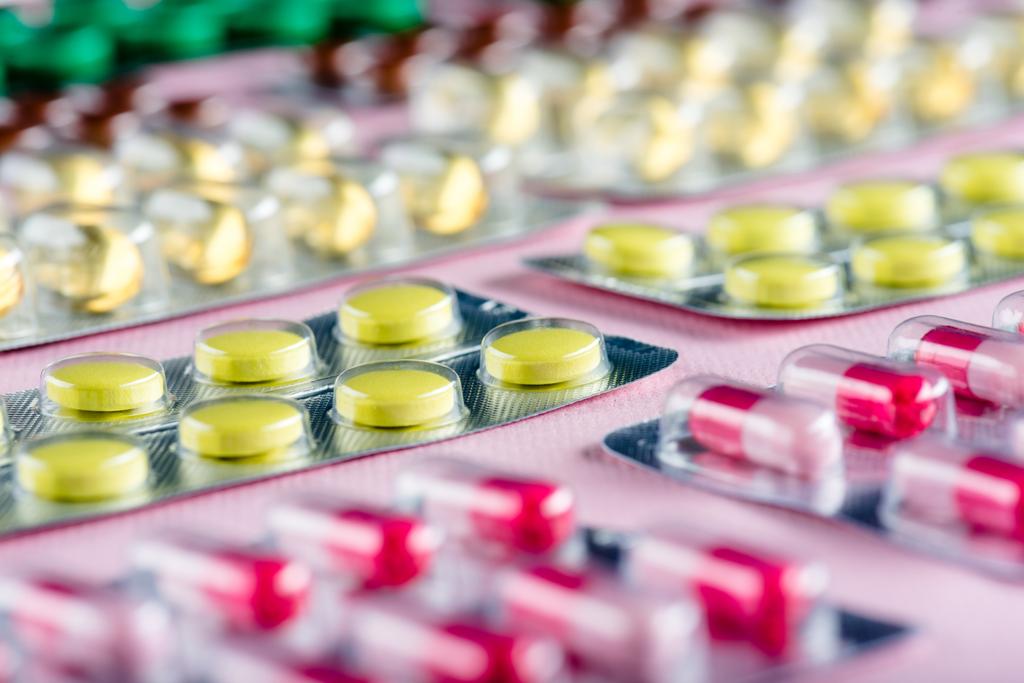What to do with old pills and opened bottles of cough syrup? Just in the toilet and flush? Not a good idea: Medicines find their way into the wastewater and thus into the water cycle in many ways – with negative consequences for the environment.
Medicines in waste water: causes and problems
Drugs get into the wastewater in a number of ways. People take medicines and may excrete some of them in their faeces or urine. Medicines that are administered as a cream enter the sewage system when you shower and bathe. On the other hand, disposal via the toilet and sink is completely avoidable and also wrong, explains Philip Heldt, graduate human biologist and ecotoxicologist from the NRW consumer advice center. Not inconsiderable amounts of medical waste products also come from livestock farming. Especially in farms with conventional intensive animal husbandry, the animals receive medication that gets into the groundwater via excretions.
However, how difficult it is to filter the substances out of the wastewater varies widely. Many medicinal active ingredients are quickly and easily degradable. However, this is not the case with others because they cannot be defeated by bacteria. Bacterial degradation is the common process in water treatment. In some places, sewage treatment plants are therefore retrofitted with activated carbon filters or ozonation systems in order to also destroy substances that cannot be eliminated by bacterial degradation. “It’s successful, but it’s not happening across the board,” criticizes Philip Heldt.
The further course of the substances is problematic. Water that has passed through the treatment plant then flows into rivers and thus back into the natural water cycle. “This means that people and animals drink from it and thus absorb the substances,” explains expert Heldt.
Effects on people, wildlife and flora
In a period of 30 years, substances such as diclofenac cause environmental cleaning costs of up to 1.5 billion euros, according to a new study by Prof. Mark Oelmann from the Ruhr West University. In 2019, 40 watercourses in Austria were examined and the painkiller diclofenac was detected in all of them. In studies for certain fish species, harmful effects on the liver and kidneys could be demonstrated. In trout, for example, half a microgram of diclofenac per liter of water already leads to kidney damage.
But: People do not ingest any drug residues through their drinking water. “You can drink the water from the tap without hesitation,” assures the resource conservation expert Heldt. On the one hand, most substances in the sewage treatment plants are degraded to well below the limit values. On the other hand, the water works only take water from very pure sources for drinking water. “To ensure that this continues to be possible in the future, careful handling of the wastewater is important.” You should not waste water and, above all, give it back as clean as possible.
Because the sewage treatment plants do not manage to filter out all the substances from the wastewater. Careful, sustainable use of water therefore means not only saving on the quantity, but above all loading it with as few things as possible that do not belong in it. “The toilet is not a dump,” warns Astrid Hackenesch-Rump

Conclusion
You too can make a contribution by using medication correctly. The most important thing is not to throw medication down the toilet or sink. You can hand in medicines that have expired or are no longer needed in most pharmacies, and disposal with the residual waste is also possible in almost all cities. The medicines are then burned with the other residual waste in the waste incineration plant. Medicines should only be taken to the recycling center in municipalities with mechanical-biological waste treatment. You can find out more on the homepage of your local waste disposal company. “Last but not least, moderate meat consumption contributes to water protection. Buying meat from organic farms is also an alternative, since less medication is used,” says von Heldt.

